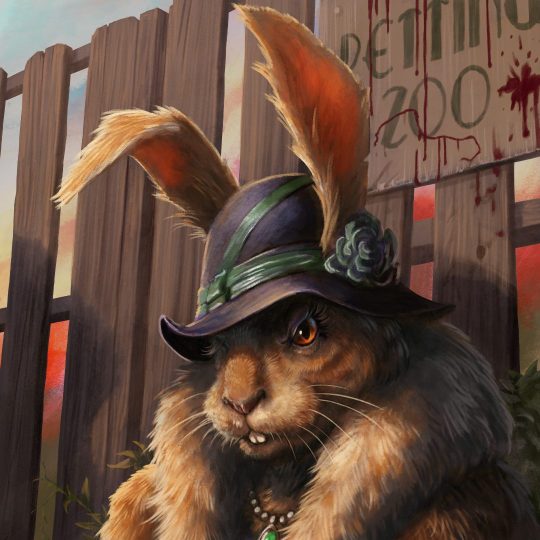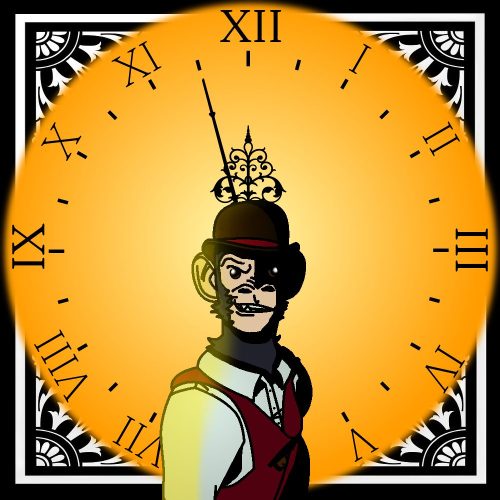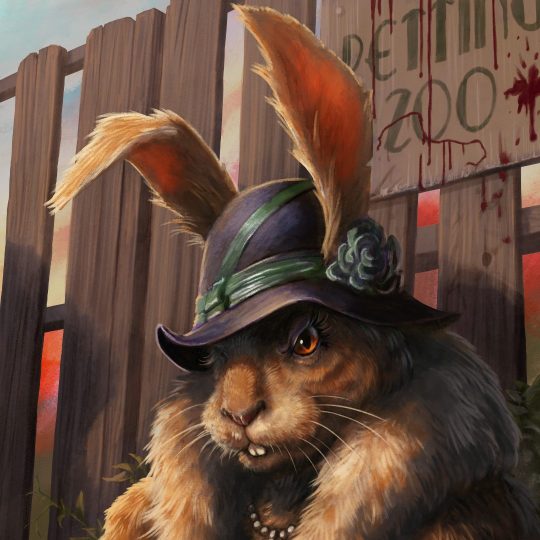
Quest RPG is Perfect for a Live Roleplay Stream and You’ll Never Guess Why
Recently on Nerdarchy Live we completed Ingest Quest 2, hosted by our own beloved Nerditor Doug. Quest RPG was the system powering our romp through culinary weird space and I’d be lying if I said I wasn’t a bit skeptical of this new system. However by the end of everything, I think Quest RPG is one of the best systems out there for running an entertaining game stream. Let’s explore some takeaways from the game and what Quest RPG does really well to make itself an ideal system for roleplay heavy groups and thus, conducive to a great stream game.
Quest RPG offers many features and few mechanics
It’s apparent from the beginning that Quest RPG de-emphasizes mechanical complexity in favor of story progression. There are relatively few roles and toolkits (the equivalent of classes and subclasses) within Quest RPG, especially when compared with something like Fifth Edition Dungeons and Dragons and this is okay.
Character features make up the bulk of the mechanics within the system. Quest RPG is designed for players to quickly gain many (or even all) of their role features. The rules explicitly call for characters to gain one new feature per session. This rate of progression is insane compared to any other RPG I’ve seen.
This works narratively to keep character progression interesting and almost works like a sort of reveal-as-you-go theme for already potent characters, sort of like if the Justice League or the Avengers were introduced gradually, with new focus episodes detailing what else they’ve got in their proverbial (or sometimes literal) toolkits.
Distance is another drastically simplified mechanic in Quest, compared to other systems. In Quest a target is either in reach, nearby, in range or too far. Depending on how your Guide plays it out, closing to a new distance could take one or multiple turns. For reference, Doug ruled that one turn was enough to transition from one distance category to the next and it felt streamlined yet challenging at times for our characters.
Roll play and role play
As for other mechanics, rolls are only called for when they are integral to the story, with a significant chance for failure that matters. When a roll is called for, the Guide (Quest’s version of a Game Master) has a player roll a single d20. Power gamers beware the next statement for your own health. There are no modifiers.
The result on the d20 alone determines the success or failure of an action. Number results are static. Success is about twice as likely as a failure, with your character succeeding roughly 50% of the time and failing about 25% of the time.
A 20 is a Triumph, while a 1 is a Catastrophe. Within the middle range are standard Successes and Failures but my personal favorite range of rolls lies between 6 and 10. This is a Tough Choice. The tough choice affords a player a success at a cost. This is not only probably the most narratively interesting outcome but it also makes for intense drama in the moment, particularly if you use the Tough Choices Generator on the Quest RPG Companion site (Quest’s version of a D&D Beyond character/campaign manager), you’re likely to get some buckwild results.
One example is when my character, Christopher, made a necromantic magical attack resulting in the start of a plague. Another was when my character was decorating a cake and an entire civilization karmically died out in another part of the universe. The addition of tough choices is enough material for an article in itself and it makes for fantastic entertainment value for a streamed game like our live plays.
In general, dice rolls are used in Quest to facilitate the roleplaying and storytelling aspects of a game session, and they’re never meant to hinder these things. If you need evidence how mechanics exist only insomuch as to facilitate the story just take a look at the Quest RPG rulebook itself.
The book is so full of gorgeous artwork that there’s very little text per page, and honestly it doesn’t need more than it has. The book is well written and efficiently presented. Any perceived lapses in clarification are usually intentionally vague, so as to enable the Guide to tell whatever story is best for the group.
Health and Action Points (this game’s special ability point economy) remain at 10, unless otherwise specified by the Guide. This makes tracking things like health much easier for players and Guides alike. If you’re running a longer game session (like we did), a Guide may need to dole out some extra action points but anyone wanting a grittier or more difficult game might just as well avoid giving out additional points.
Homebrewing Quest RPG
There were definitely some liberties we took with our live play for Ingest Quest. Firstly, we did our standard homebrew rule of beginning each session with inspiration, a Fifth Edition mechanic that feels right at home in Quest. We also weren’t always clear on how certain mechanics worked, but the nature of Quest was forgiving in this regard.
Quest is a system ripe for homebrewing in general. Any number of your favorite mechanics from other RPG systems slot neatly into Quest’s rules-lite method of play and I’d say if you’re just wanting to build your own RPG for fun around your table, Quest is a good baseline rules set foundation.
Likewise, any one-shot or even long-form campaign can easily be adapted to Quest with relatively little effort. Here’s where I mention Out of the Box, our very own set of ready to use adventures and hooks for any of your TTRPG story needs. Seriously, if you want a set of story hooks and mini-adventures for a game, it just feels right to me that both Out of the Box and Quest are tailor-made to fit with a variety of other options.
Final thoughts on Quest RPG
Honestly, it may be in part due to our gaming group. It may be due to Doug’s particular GM style or it may even be related to the itch for a new system in general but Quest has quickly become one of my personal favorite new RPG systems.
Have you played Quest RPG? What are your thoughts on the system? Tweet @Nerdarchy or connect with us on Facebook and let us know your thoughts, and of course, you can leave a comment and a like right here on this site!
If you want to hear even more about Quest RPG, check out this video where Nerdarchists Dave and Ted talk about it!
*Featured image — Quest’s art evokes wondrous adventures waiting for you to discover. [Art by Grim Wilkins]









No Comments